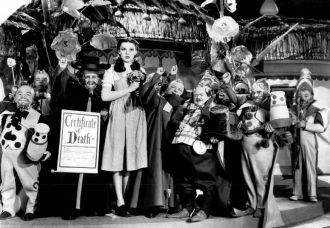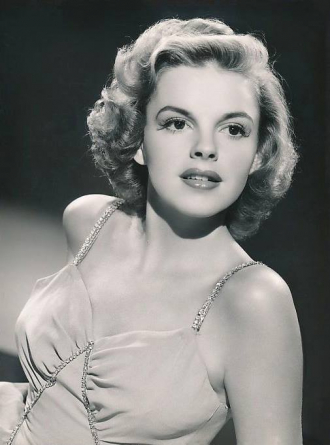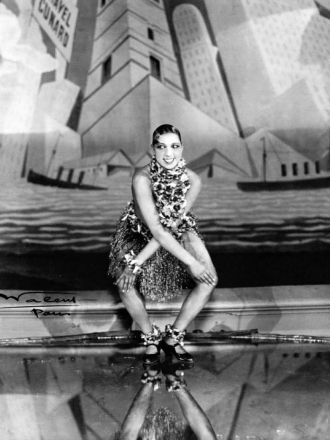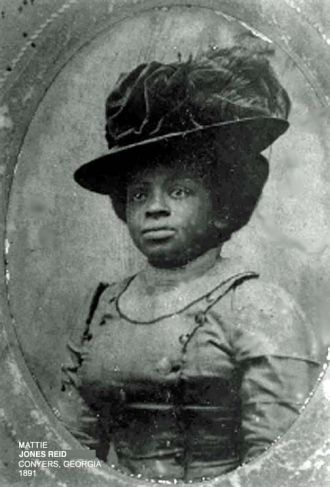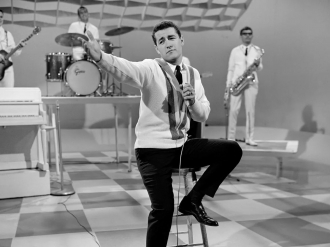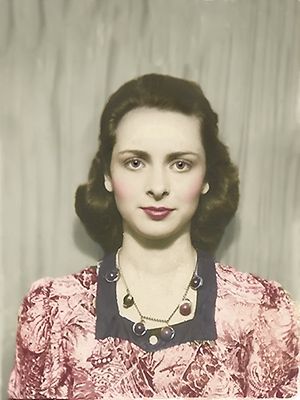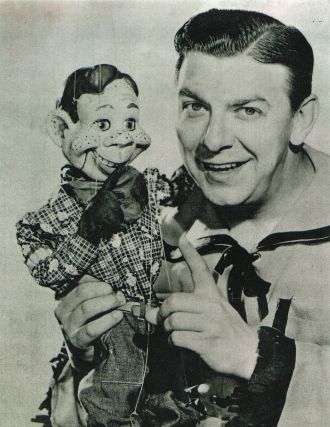Munchkin City - Wizard of Oz
Promotion photo of Munchkin City with all of the munchkins and Dorothey from MGM's 1939 Wizard of Oz classic film.
Interesting fact, Leopold von Singer (born May 3rd, 1877 and died on March 5th, 1951) was the manager of the Singer Midgets; the group that comprised the majority of the Munchkins on the Wizard of Oz.
Interesting fact, Leopold von Singer (born May 3rd, 1877 and died on March 5th, 1951) was the manager of the Singer Midgets; the group that comprised the majority of the Munchkins on the Wizard of Oz.
Date & Place:
at MGM Studios in Culver City, California USA

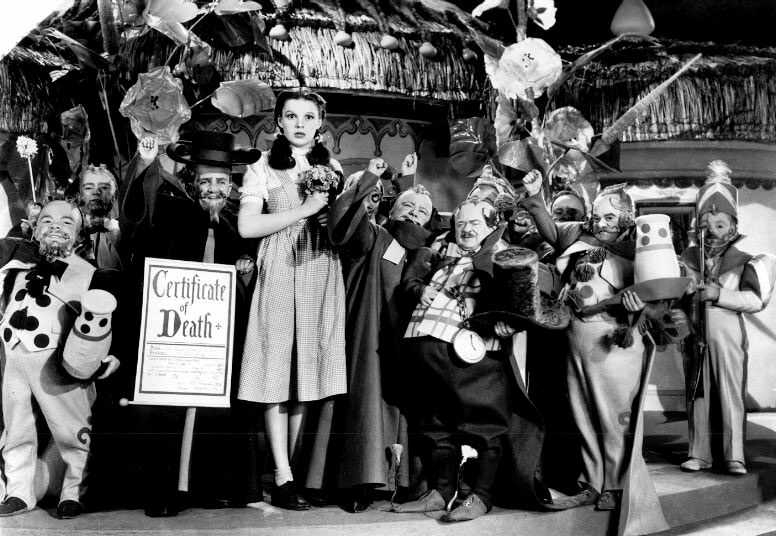
 Daniel Pinna
Daniel Pinna 
